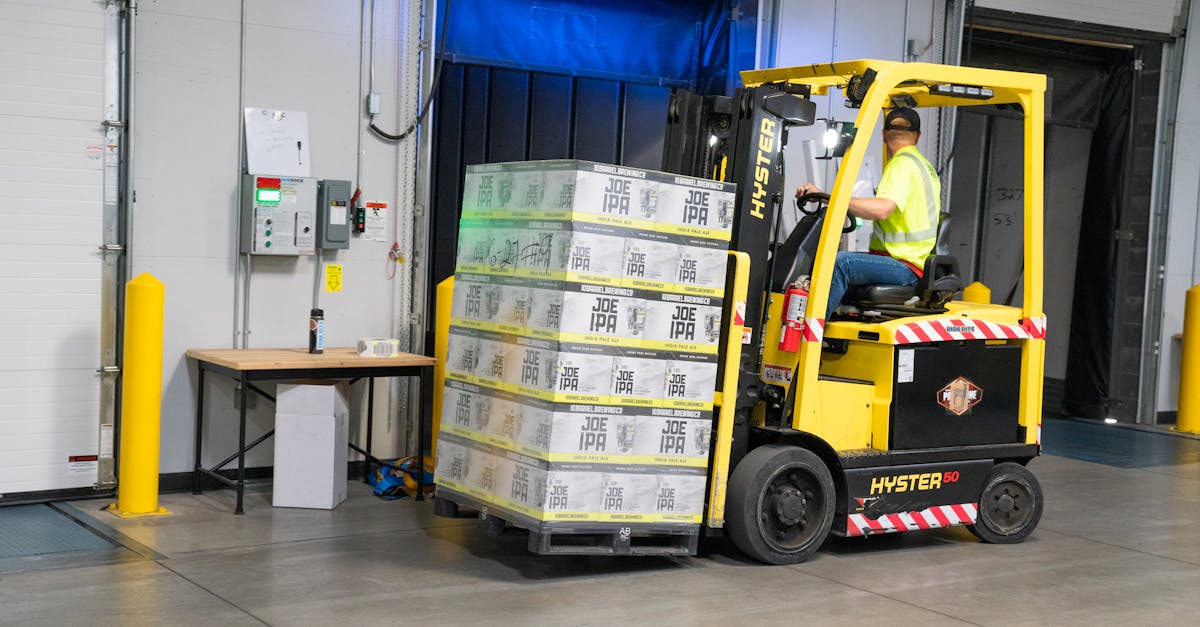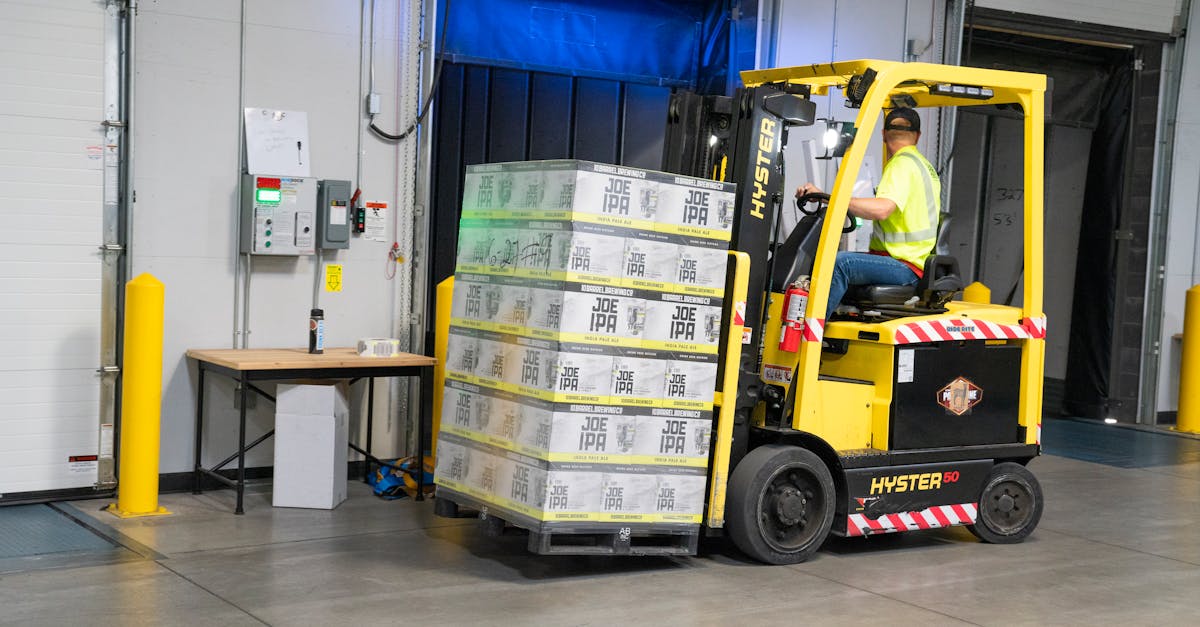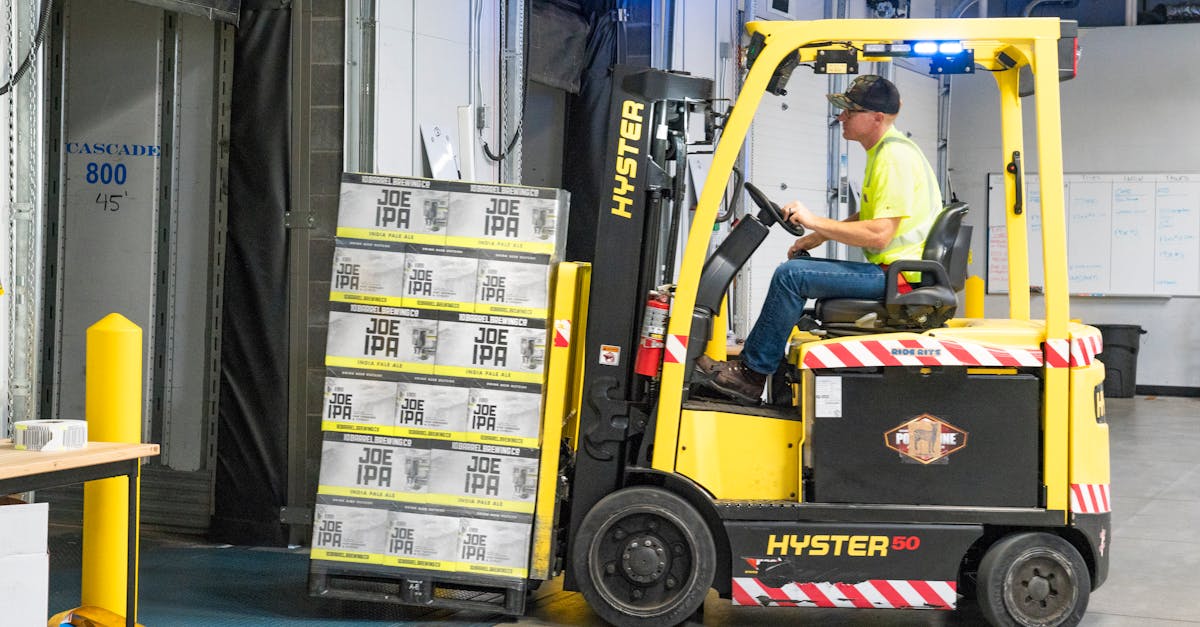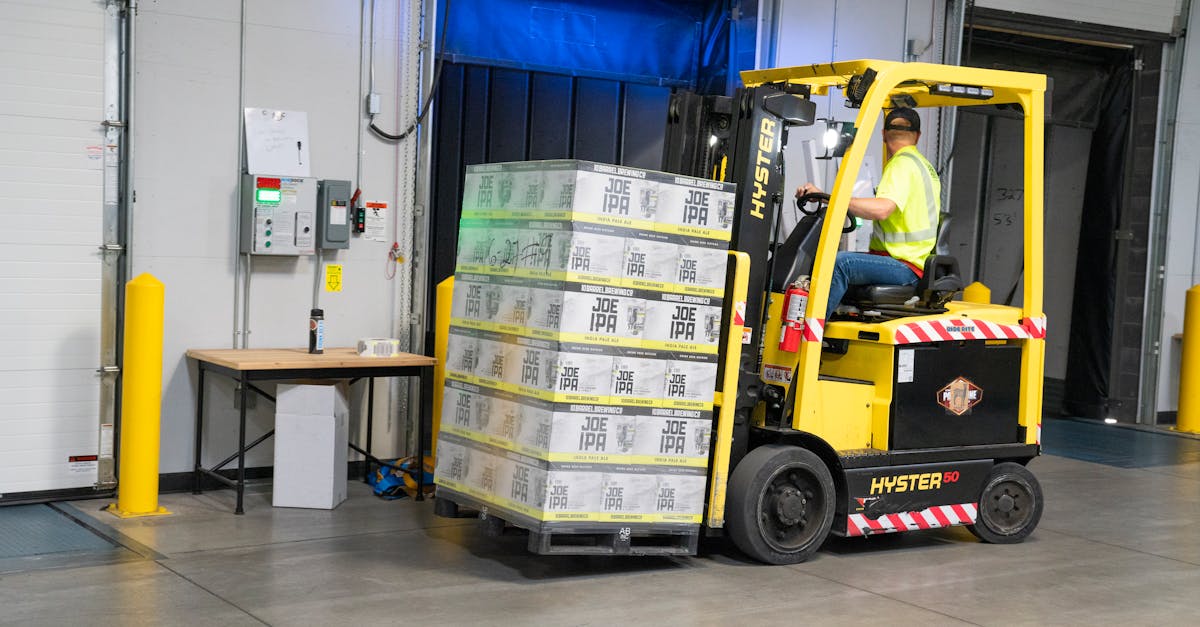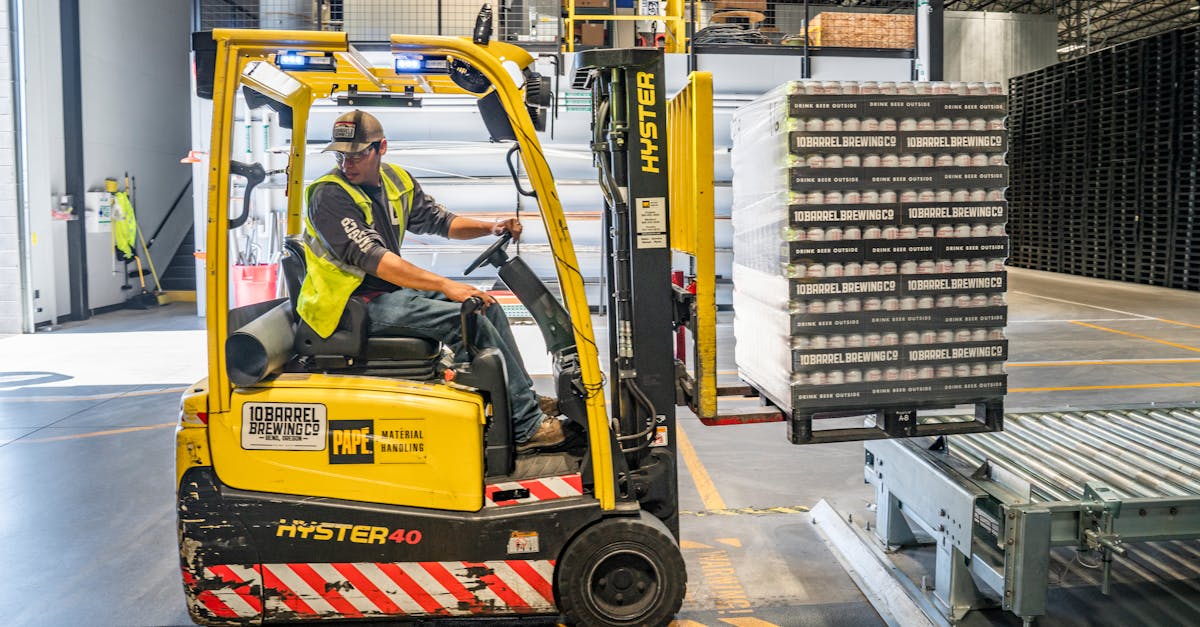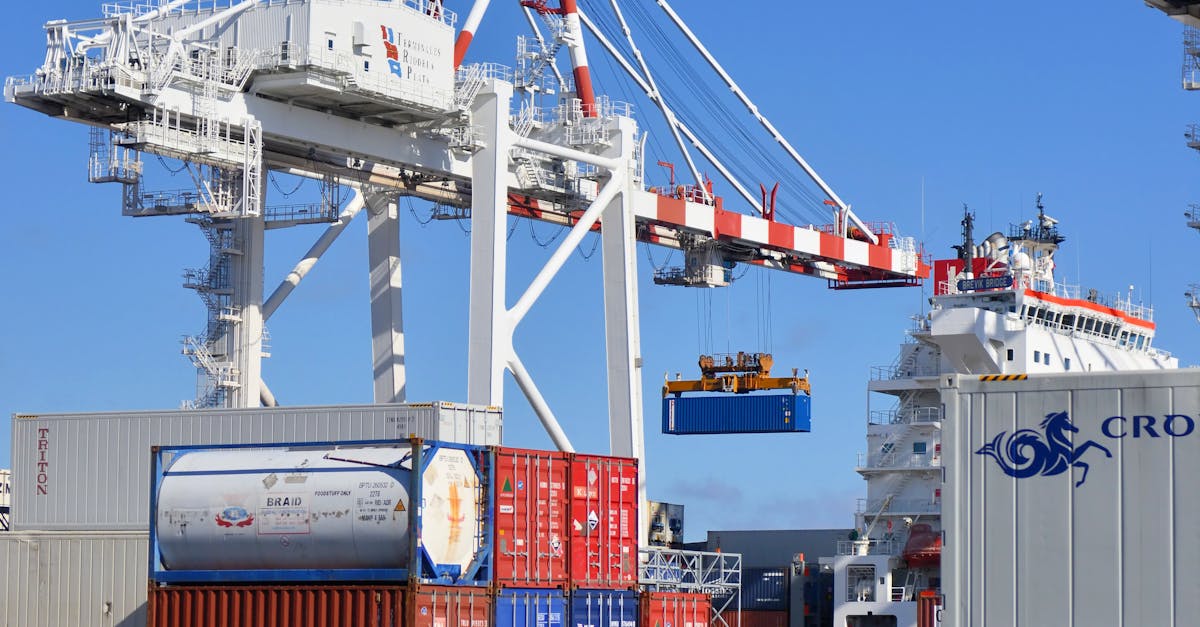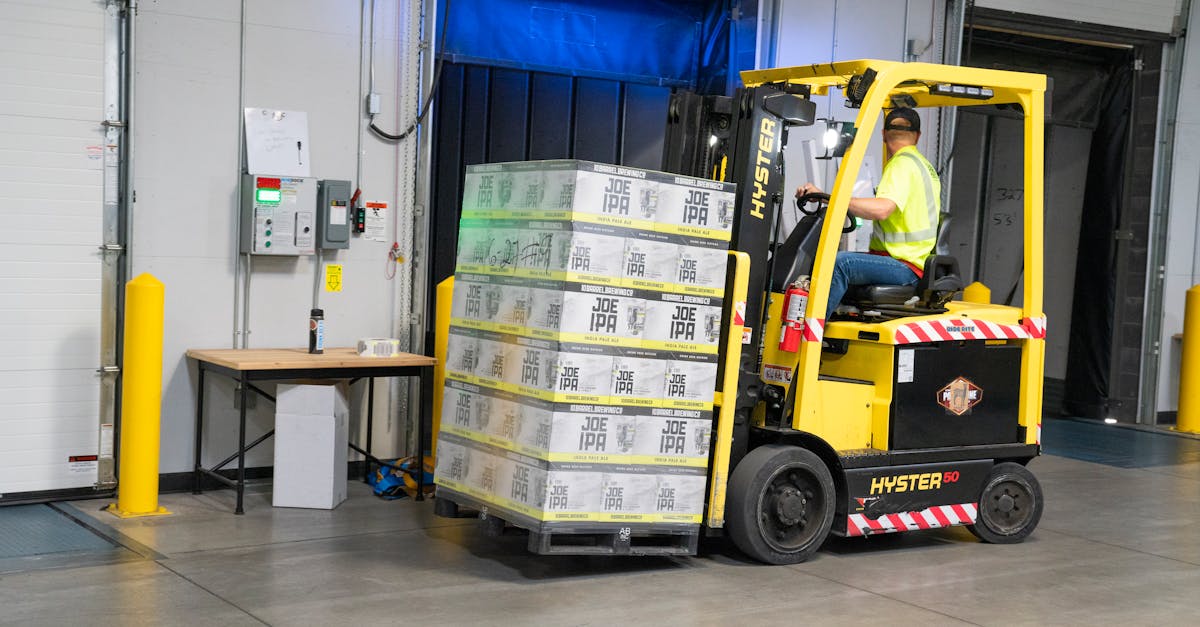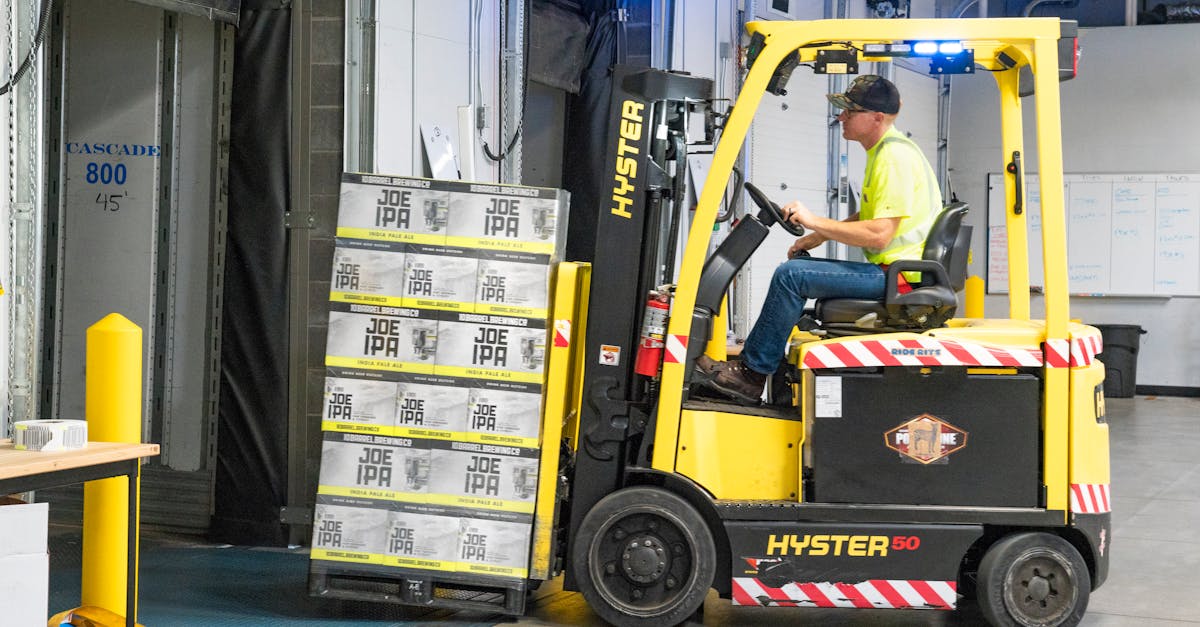Comprehensive Guide to Order Fulfilment and Order Fulfilment Services
Key Takeaways
- Comprehending the process of fulfilling orders
- Steps involved in the order fulfilment procedure
- Approaches for effective order fulfilment
- Obstacles encountered in order fulfilment
- Metrics for assessing fulfilment rates
- Available services for order fulfilment
Understanding Order Fulfilment
Order fulfilment from companies like IMD Fulfilment encompasses the entire process that begins with a purchase order and extends to the delivery of the product to the customer. It includes order picking, inventory management, and the logistics function necessary to ensure timely shipment. Businesses may choose models like make-to-order or build-to-order, which require careful coordination of resources and schedules. Effective order fulfilment is crucial as it directly impacts customer satisfaction and operational efficiency. Streamlined processes can lead to improved accuracy and reduced costs, demonstrating the importance of a robust order fulfilment strategy in today's competitive market.
What is Order Fulfilment?
Order fulfilment is the comprehensive process that encompasses all steps taken to deliver a product to the customer after an order is placed. It integrates various aspects of supply chain management, including logistics, warehousing, and inventory management systems. Effective order fulfilment ensures that products are picked, packed, and shipped accurately and timely, which has a direct impact on customer satisfaction. In the modern landscape, global supply chain dynamics and mass customisation efforts further complicate the order fulfilment process, necessitating a strategic approach from executives and CEOs alike.
Efficiency in order fulfilment is crucial for remaining competitive in today’s market. It requires synchronisation between different operational areas such as shipping and inventory management to optimise performance. Companies must utilise advanced inventory management tools and techniques to keep track of stock levels and fulfilment capabilities. Adopting the right warehousing strategies can significantly enhance the overall efficiency of the logistics involved in the order fulfilment process, ultimately leading to faster delivery times and improved customer experiences.
Importance of Effective Order Fulfilment
Effective order fulfilment is crucial for any company looking to thrive in a competitive market. With the rise of giants like Amazon, customers have come to expect rapid and reliable delivery of goods. A streamlined order fulfilment process not only ensures that products reach consumers promptly but also enhances the overall brand experience. Companies that invest in efficient warehousing and shipping strategies can significantly reduce operational costs and save money while meeting the growing demand for quick service.
A well-structured order fulfilment system can directly impact customer satisfaction, leading to repeat business and positive word-of-mouth. As brands expand their reach, the ability to fulfil orders efficiently becomes a key differentiator. Employing technology and optimising warehouse management can ensure that a company stays ahead of the curve, effectively handling fluctuations in demand. Ultimately, the importance of effective order fulfilment cannot be understated, as it serves as the backbone of any successful e-commerce operation.
- Improves customer satisfaction and loyalty
- Reduces operational costs and increases efficiency
- Enhances brand reputation and trust
- Streamlines supply chain management
- Adapts to market fluctuations and increasing demand
- Utilises technology for better inventory management
- Promotes repeat business through reliable service
The Order Fulfilment Process
Effective order fulfilment is crucial for businesses aiming to meet customer expectations while maintaining efficiency. The order fulfilment process involves coordinating with suppliers and manufacturers to ensure products are stocked appropriately, avoiding issues like overstocking or stockouts. A well-defined strategy incorporating couriers for timely delivery can significantly enhance how order fulfilment works. Adopting the right methodologies not only improves customer satisfaction but also impacts the overall order fulfilment rate, helping businesses gauge their performance. It is vital for companies to understand and optimise each step in this process to achieve the order fulfilment right.
Steps Involved in Complete Order Fulfilment
Successful order fulfilment involves a series of key steps that must be meticulously executed to meet customer expectations. The entire order fulfilment process begins with receiving the order, where businesses need to confirm the details and inventory availability. Following this, efficient order fulfilment operations come into play, which include picking, packing, and shipping the products. Depending on the order fulfilment type—whether in-house or third-party—different order fulfilment methods can affect efficiency and delivery timelines. Each step is crucial in addressing order fulfilment needs and ensuring a seamless experience for the customer.
A well-structured approach to the order fulfilment strategies is essential for tackling common order fulfilment challenges. After the items are shipped, tracking the shipment and managing returns are vital components of the process, allowing businesses to enhance their overall service. Continuous monitoring of these operations helps in identifying areas that need improvement, ultimately leading to better performance in fulfilling orders. By streamlining each phase and employing effective order fulfilment methods, companies can achieve higher satisfaction rates and improve their order fulfilment rate significantly.
- Understand customer requirements and expectations
- Implement inventory management systems to track stock levels
- Train staff on efficient picking and packing techniques
- Choose reliable shipping partners for timely delivery
- Utilise technology for real-time order tracking
- Establish a smooth returns process for customer convenience
- Regularly review and optimise order fulfilment procedures
Role of Technology in Order Fulfilment
Technology plays a crucial role in modern order fulfilment, which refers to the entire process of receiving, processing, and delivering orders. Advancements in technology streamline order fulfilment processes, allowing businesses to adopt effective order fulfilment strategies tailored to their unique needs. With automated systems and software, companies can significantly improve their order fulfilment rates. This integration ensures that customers receive accurate order fulfilment and enhances the overall efficiency of supply chains worldwide.
An effective order fulfilment service often leverages cutting-edge technology to offer reliable solutions. Order fulfilment providers utilise advanced inventory management systems, real-time tracking, and data analytics, enabling organisations to respond swiftly to customer demands. Engaging with order fulfilment experts can further enhance a company's ability to optimise its operations and maintain a high level of service. As e-commerce continues to evolve, the reliance on technology for efficient order fulfilment services remains paramount.
Order Fulfilment Strategies
Effective order fulfilment strategies play a crucial role in enhancing the order fulfilment journey for businesses. By implementing hybrid order fulfilment models, companies can optimise their ability to fulfil orders through a combination of in-house order fulfilment and third-party services. This strategic order fulfilment approach helps streamline the order fulfilment cycle, ensuring that products are delivered efficiently to customers. Utilising advanced order fulfilment software also facilitates better management of order fulfilment storage and enhances order fulfilment efficiency. Monitoring order fulfilment rates becomes easier with the right technology, enabling businesses to make data-driven decisions to improve overall performance.
Centralising Order Fulfilment for Efficiency
Centralising order fulfilment allows businesses to streamline their fulfilment operations, ultimately lowering order fulfilment costs. By consolidating resources, organisations can better manage their order fulfilment requirements and create a more efficient dispatch order fulfilment process. This approach reduces the complexities associated with a one-size-fits-all order fulfilment model. A dedicated order fulfilment specialist can oversee these centralised operations, ensuring that e-commerce order fulfilment processes align with customer expectations and industry standards.
This strategy also enables companies to negotiate better order fulfilment pricing with third-party order fulfilment partners. Centralising operations fosters improved communication across teams, ensuring that everyone is aware of shifts in order fulfilment demand. As businesses evolve, a centralised order fulfilment system can adapt more easily to changing market conditions while maintaining high service levels and efficiency in fulfilment practices.
Hybrid Order Fulfilment Models
Hybrid order fulfilment models combine multiple fulfilment methods, allowing businesses to optimise their order fulfilment processes. This approach enables companies to select the most effective fulfilment solutions based on inventory levels, shipping destinations, and customer preferences. By integrating various fulfilment types, organisations can create a seamless fulfilment system that enhances the overall fulfilment chain. Such flexibility in fulfilment solutions allows businesses to adapt to changing market demands and improve customer satisfaction.
Implementing a hybrid order fulfilment strategy can significantly reduce shipping costs and delivery times. This fulfilment method not only allows for efficient distribution across various channels but also lets businesses leverage both in-house and third-party logistics. As companies navigate the complexities of the fulfilment process, adopting a hybrid model offers a comprehensive approach to meeting customer expectations. Ultimately, this flexibility positions businesses to thrive in an increasingly competitive e-commerce landscape.
Challenges in Order Fulfilment
The landscape of order fulfilment presents various challenges that can significantly impact e-commerce businesses. Companies must choose between their own fulfilment strategies and relying on third-party providers, each having its own set of benefits and drawbacks. Order processing can become convoluted, particularly when utilising different fulfilment methods. As businesses strive for efficient fulfilment, they must navigate issues such as stock management, shipping inaccuracies, and the complexities of made-to-order items. These challenges can hinder the entire fulfilment process, ultimately affecting customer satisfaction. In response, organisations may need to reassess their current fulfilment strategies to achieve total fulfilment and adapt to the evolving demands of the market.
Common Order Fulfilment Challenges
Order fulfilment involves a series of complex tasks that can lead to several challenges. One common issue is managing fulfilment offers across different fulfilment locations. Each location can have varying stock levels, leading to fulfilment errors and delays in processing orders. Businesses must also handle order queries efficiently to ensure customer satisfaction. Miscommunications regarding fulfilment needs can lead to discrepancies in order delivery.
Fulfilment means adhering to strict timelines while maintaining accuracy in order processing. A lack of streamlined processes can result in significant delays, affecting overall order fulfilment rates. Companies often face difficulties in meeting specific fulfilment needs, especially during peak seasons. This inconsistency in service can diminish customer trust and loyalty. Implementing better tracking systems and clear communication strategies can assist in overcoming these challenges.
Solutions to Overcome Order Fulfilment Issues
Addressing sub-par fulfilment is crucial for any business aiming to enhance its order fulfilment process. One effective way to do this is by partnering with reliable fulfilment companies that understand the nuances of product fulfilment. These companies often specialise in fulfilment logistics, enabling them to streamline fulfilment activities and improve overall efficiency. A well-structured scalable fulfilment strategy can help businesses manage their merchant fulfilment operations more effectively, ensuring that every complete product order is processed without delay.
Investing in technology can also provide a viable solution to common order fulfilment issues. Automated systems can facilitate better tracking and management of order fulfilment, minimising errors and maximising speed. Implementing choice fulfilment offers can cater to diverse customer needs and preferences, ultimately enhancing satisfaction. As businesses adapt their fulfilment strategies, they can continuously refine their approach to meet the evolving demands of their clientele while overcoming potential challenges.
Order Fulfilment Rates
Monitoring order fulfilment effectiveness is crucial for businesses that rely on timely and accurate delivery. Companies can opt for various fulfilment services that cater to their specific needs, such as fulfilment warehouses that offer uninterrupted fulfilment and advantageous minimum order quantities. A choice fulfilment offer can significantly enhance customer satisfaction by ensuring positive fulfilment experiences. For businesses dealing with products made-to-order, complete product fulfilment is essential to maintain quality assurance. Efficient parcel fulfilment strategies also contribute to a higher order fulfilment rate, ultimately influencing customer loyalty and retention.
How to Monitor Order Fulfilment Effectiveness
Monitoring order fulfilment effectiveness requires careful tracking of various metrics that reflect the performance of fulfilment centres and logistics fulfilment processes. Merchants should consistently review order details, including the accuracy of order changes and the speed of fulfilment. An effective fulfilment provider can help ensure that these processes remain streamlined and that error-free fulfilment is achieved. Regular assessments enable merchants to identify areas for improvement and adapt strategies accordingly.
To enhance monitoring, engaging a fulfilment expert can provide valuable insights into industry standards and best practices. Comparing in-house fulfilment with third-party fulfilment providers allows businesses to weigh their options effectively. Implementing key performance indicators (KPIs) will help quantify the level of order fulfilment efficiency and highlight any gaps that may hinder customer satisfaction. By prioritising these elements, merchants can significantly improve their overall order fulfilment rate.
Improving Your Order Fulfilment Rate
Enhancing order fulfilment rates hinges on understanding the unique fulfilment requirements of your business. By integrating hybrid fulfilment models, merchants can effectively blend in-house fulfilment with third-party solutions. This approach allows for a more flexible and customised fulfilment experience, catering to the specific needs of different orders. Utilising an efficient fulfilment warehouse can significantly streamline operations, ensuring that sophisticated order processing is executed smoothly and quickly.
Collaboration with a reliable fulfilment partner also plays a crucial role in improving order fulfilment rates. By leveraging their expertise, merchants can optimise their logistics and inventory management. This not only speeds up the delivery process but also helps maintain high levels of customer satisfaction. Involving an efficient fulfilment centre can lead to enhanced operational efficiency, ultimately driving better performance for overall order fulfilment efforts.
Order Fulfilment Services Available
Selecting the right fulfilment partner is crucial for a successful order fulfilment strategy. Depending on the business model, companies can choose between in-house order fulfilment and third-party services. In-house options often require significant investment in a fulfilment centre, where entire parcel fulfilment can be managed efficiently. Third-party services offer flexibility, especially for businesses that prefer an assemble-to-order model, allowing them to handle varying order lines without the overhead of maintaining a warehouse. Companies can easily order online and integrate their order data into the order fulfillment process, enhancing visibility and efficiency. For tailored solutions, businesses should contact choice fulfilment to explore the spectrum of fulfilment services available, ensuring their needs are met effectively.
In-house Order Fulfilment vs Third-party Order Fulfilment
Choosing between in-house order fulfilment and third-party fulfilment houses can significantly impact a business's efficiency and costs. In-house order fulfilment may provide greater control over the process, allowing for tailored solutions to specific fulfilment service needs. Companies can implement their order management system, ensuring that order ships correctly and on time. However, this approach often comes with higher fulfilment costs, especially if the order qty fluctuates or if there are issues with incorrect orders.
Third-party fulfilment offers a more scalable option for handling online orders without the burden of managing logistics internally. These fulfilment houses typically provide a one-size-fits-all fulfilment solution, allowing businesses to adapt to changing demands. While this can result in lower operational costs, it may also lead to less control over the fulfilment process. Businesses must weigh the pros and cons, considering how each option aligns with their specific order fulfilment requirements and long-term goals.
The Future of E-commerce Order Fulfilment
The landscape of e-commerce order fulfilment is constantly evolving, driven by advancements in technology and changing consumer expectations. Businesses are increasingly adopting a hybrid fulfilment model, which allows them to combine in-house capabilities with the expertise of a third-party fulfilment company. This approach enables companies to streamline their processes while still providing personalised order experiences, as they can effectively manage and process orders from a personal fulfilment warehouse. Enhanced integrated order management systems can deliver real-time fulfilment updates, ensuring that customers stay informed throughout the order fulfilment journey.
As the demand for faster and more efficient delivery continues to rise, required fulfilment services will adapt to meet these challenges. Third-party fulfilment refers to outsourcing fulfilment tasks to specialised providers, allowing businesses to focus on core activities while benefiting from expert handling of logistics. Future e-commerce order fulfilment will likely emphasise data-driven strategies that utilise analytics for continuous improvement. Companies will be able to tailor their offerings to match market trends and customer preferences, reinforcing the importance of effective order fulfilment in maintaining a competitive edge.
Conclusion
Order fulfilment encompasses a range of strategies and methodologies essential for businesses, especially in a fulfilment warehouse environment. Companies engaging in engineer-to-order processes must consider the intricacies of managing many orders with precision. A fulfilment quote can vary significantly depending on whether one opts for in-house solutions or third-party fulfilment services. The rise of direct-to-consumer fulfilment has transformed expectations, leading to the development of total fulfilment hubs that streamline operations. Emphasising these aspects can enhance efficiency and reliability in meeting customer demands, ultimately driving business success.
FAQS
What are the key components of an effective order fulfilment operation for ecommerce businesses?
An effective order fulfilment operation for ecommerce businesses should include a streamlined process that allows for error-free fulfilment—if executed properly. It is essential to choose fulfilment solutions that support worldwide order fulfilment and build to order practices. Additionally, a merchant fulfilment center can significantly enhance the speed and accuracy of fulfilling orders. Working with order fulfilment experts can also help in developing a robust order fulfilment strategy tailored to specific needs.
What important questions about order fulfilment should ecommerce businesses ask when choosing their order fulfilment strategy?
When considering your order fulfilment strategy, it's essential to ask about the number of fulfilment solutions available and how they align with your business needs. Typically, order fulfilment refers to the process of receiving, processing, and delivering orders to customers. Merchants should evaluate whether to handle fulfilment in-house or outsource to order fulfilment experts, as each option has its pros and cons. A good order fulfilment specialist can provide insights on how to scale order fulfilment efficiently. Additionally, understanding options like dropshipping can help merchants choose the most effective choice fulfilment services for their ecommerce order fulfilment needs.
What are some common questions about order fulfilment that ecommerce businesses should consider when looking for order fulfilment experts or fulfilment solutions?
When exploring order fulfilment options, ecommerce businesses may have a range of questions order fulfilment. They might seek advice from order fulfilment specialists to centralise order fulfilment to streamline processes or to learn about order fulfilment dropshipping and how to best fulfil orders. With the right fulfilment solution, businesses can effectively scale order fulfilment to meet increasing demand, and understanding these aspects is crucial for successful merchant fulfilment, which refers to the effective management of order processing.
What are some essential questions order fulfilment specialists should ask to successfully scale order fulfilment in dropshipping operations?
To successfully scale order fulfilment in dropshipping operations, order fulfilment specialists should ask questions that consider the unique challenges of this model. They should identify how fulfilment lets them manage inventory efficiently, what technology is required to handle a fulfilment volume of 1,000 orders, and how merchant fulfilment refers to their overall supply chain strategy. These insights will help optimise and centralise order fulfilment processes effectively.
How can ecommerce businesses effectively centralise order fulfilment to optimise their ability to fulfil orders in dropshipping?
To effectively centralise order fulfilment, ecommerce businesses can implement a streamlined system that integrates all their operations. This process allows them to efficiently fulfil orders received through different channels, ultimately improving customer satisfaction and reducing overhead costs. By focusing on these practices, businesses are better equipped to handle the complexities of fulfilment, especially in dropshipping scenarios, and can address common order fulfilment FAQs, ensuring they understand the unique demands of fulfilling 1,000 orders or more.
What are some helpful order fulfilment faqs specifically related to order fulfilment dropshipping for new ecommerce businesses?
When starting an ecommerce business in dropshipping, it's vital to clarify a few order fulfilment faqs. These include understanding the timelines for order processing, identifying reliable suppliers, and ensuring that fulfilment can meet customer expectations without exceeding h.k. limits in costs. Additionally, clarifying how many orders can be handled per day, such as fulfilment1,000, is essential for scaling your business efficiently.













